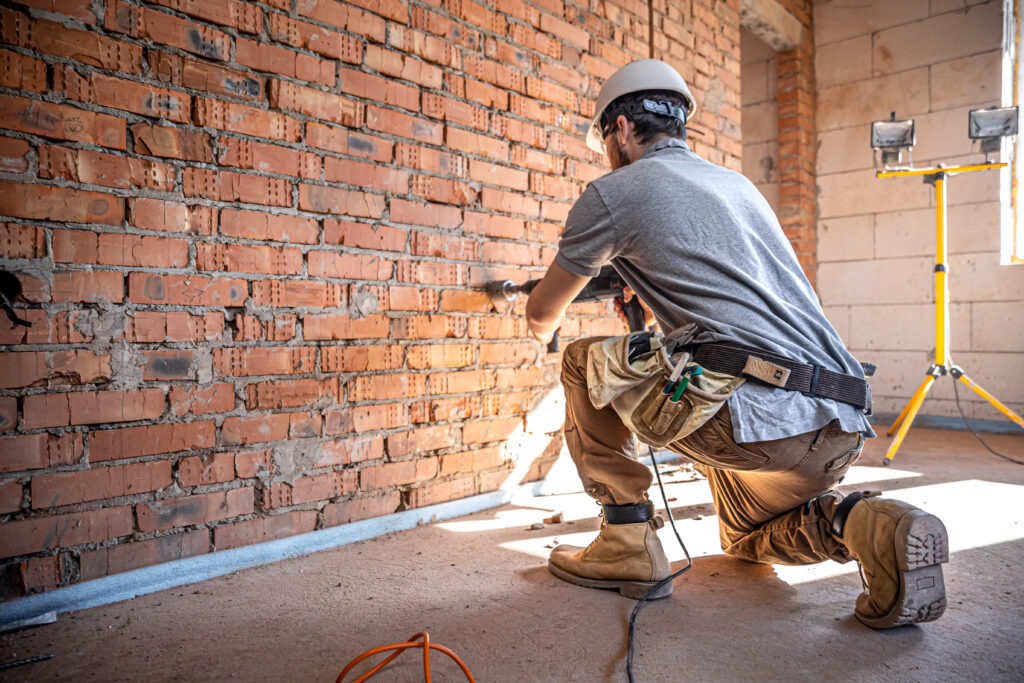
Construction companies and contractors understand construction projects can span months or years before completion due to the scope of work. Between the start and end of a project, companies must maintain construction accounting records to track costs and revenues. This process is known as construction in progress accounting. It’s a method a construction company uses to record and report financial transactions and progress from beginning to end. It’s also crucial when a company needs to secure bank loans, demonstrate bond capacity, and receive audit and assurance services.
What Is Construction in Progress Accounting?
Construction in progress accounting, also known as CIP accounting, monitors, and records costs, revenues, and expenses of construction projects from their start until completion. When construction companies and contractors maintain detailed accounting records, they can accurately reflect the financial status of a project. CIP accounting also ensures transparency with clients and helps a company make effective decisions that affect the bottom line.
Construction auditors must adhere to the Generally Accepted Accounting Principles (GAAP) and International Financial Reporting Standards (IFRS) guidelines. The basics of accounting for construction companies also include revenue recognition and cost allocation.
What to Know About Construction in Progress Accounting
There are several key accounting practices that construction companies and contractors should understand when working with a construction CPA firm.
- Revenue recognition: Because construction projects can take months or years, companies need to determine when they can recognize revenue for each project. For example, they can use the Percentage of Completion method or the Completed Contract method.
- Cost allocation: There are multiple costs construction companies need to keep track of, such as labor, materials, or overhead expenses. Proper cost allocation for these ensures an accurate representation of the financial statements. Furthermore, cost allocation allows companies to track costs in real-time and monitor overruns or budget deviations, which allows them to act accordingly to avoid mismanagement of funds.
- Measure progress: Companies need to monitor and measure the construction in progress to ensure they are hitting each of the milestones and staying within budget at each stage.
- GAAP compliance: All construction in progress accounting must adhere to the GAAP guidelines to maintain consistency and transparency of financial records. It also prevents fraudulent practices.
- Bank loan applications: Construction companies may rely on bank loans for financing. As such, maintaining the best CIP accounting practices ensures a company can show it can satisfy the terms and conditions of a bank loan.
- Bond capacity assessment: Similar to bank loan applications, construction companies may need to show bond capacity or how they can pay for projects that are currently a work in progress (WIP).
- Audit and assurance services: When a construction company requires an audit, auditors use the WIP schedule and gain insights into the financial performance to provide an independent and objective opinion letter. The letter serves as a professional statement about the accuracy and fairness of the financial statements.
When construction companies and contractors use construction in progress accounting best practices, it instills confidence in bank lenders and auditors.
Hire a Construction CPA Audit Firm
Do you need construction audit services? Contact us today to learn more about how our experienced team at Assurance Dimensions can help you with your next audit.

